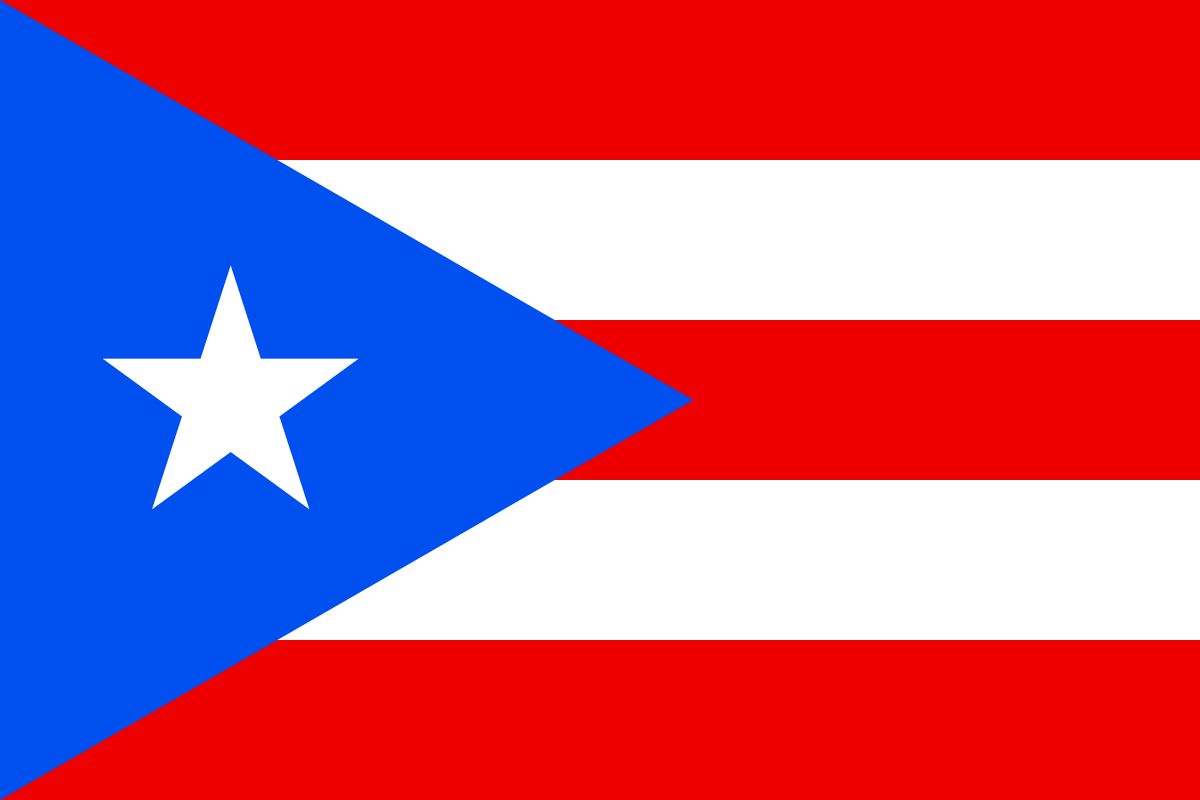 6 May 2020.
6 May 2020.
An assessment of two laws adopted recently in Puerto Rico to establish a legal right to access information held by government reveals the laws are very weak, according to an Analysis published today by the Centre for Law and Democracy (CLD). According to the RTI Rating (www.RTI-Rating.org), the two laws – the Transparency and Expeditious Procedures for Access Public Information Law (Access Law) and the Open Data Law (Open Data Law) – score just 73 out of a possible maximum of 150 points, putting them in 88th position relative to the 128 national laws assessed on the Rating, in the bottom one–third.
“Puerto Rico needs stronger rules on the right to information if it is to implement its constitutional guarantee for this right properly,” said Toby Mendel, Executive Director, CLD. “The current laws are far weaker than most of the national laws that have been adopted in the Americas.”
CLD prepared the Analysis at the request of Red de Transparencia, a local civil society transparency network. The laws will be discussed today at an open public conference being hosted at the Facultad de Derecho, Universidad Interamericana de Puerto Rico from 4.30-6pm.
While Puerto Rico has strong guarantees for the right to information and the scope of coverage of the two laws is broad, some of the key weaknesses with them are as follows:
-
- There are important gaps in the procedures for making and responding to requests for information.
- The regime of exceptions is far too broad, earning just 23% of the available points on the RTI Rating.
- There is no independent administrative level of appeal.
- The system of sanctions and protections is very limited.
- There are few promotional measures to help support strong implementation.
CLD’s Analysis is available in English here and in Spanish here. The Executive Summary is also available in English and in Spanish.
For further information, please contact:
Toby Mendel
Executive Director
Centre for Law and Democracy
Email: toby@law-democracy.org
+1 902 431 3688
www.law-democracy.org
twitter: @law_democracy



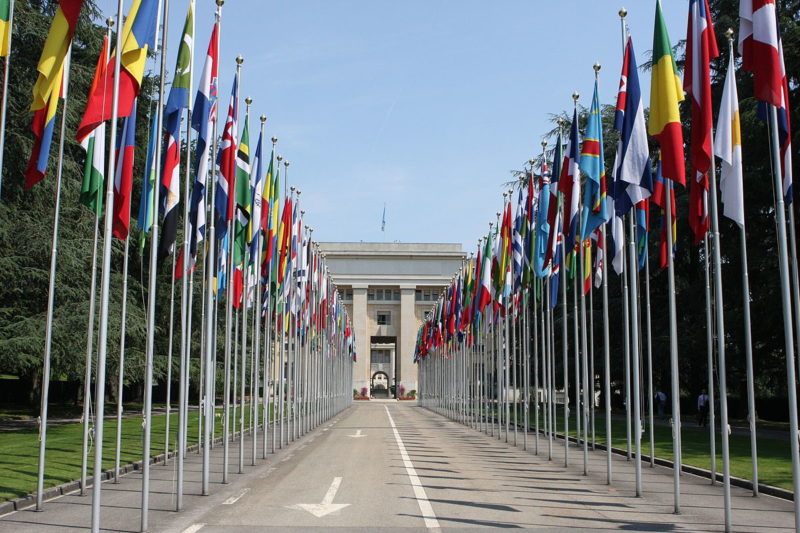 30 April 2020.
30 April 2020. 27 April 2020.
27 April 2020. 17 April 2020.
17 April 2020.
 2 April 2020.
2 April 2020. 17 March 2020.
17 March 2020. Interested in a career in international human rights? We have extended the deadline to apply for a Legal Officer position at CLD until 4 March 2020, at 11:59 PM.
Interested in a career in international human rights? We have extended the deadline to apply for a Legal Officer position at CLD until 4 March 2020, at 11:59 PM. 6 January 2020.
6 January 2020. A workshop in Yangon today highlighted the importance of community radio for Myanmar and the challenges facing this sector given the delays in implementing the 2015 Broadcasting Law. Hosted by the Centre for Law and Democracy (CLD), Protection Committee for Myanmar Journalists and Myanmar Press Freedom Center, with support from IMS and FOJO Media Institute, the workshop provided an opportunity for journalists from around the country to discuss and learn about legal standards for community broadcasting.
A workshop in Yangon today highlighted the importance of community radio for Myanmar and the challenges facing this sector given the delays in implementing the 2015 Broadcasting Law. Hosted by the Centre for Law and Democracy (CLD), Protection Committee for Myanmar Journalists and Myanmar Press Freedom Center, with support from IMS and FOJO Media Institute, the workshop provided an opportunity for journalists from around the country to discuss and learn about legal standards for community broadcasting.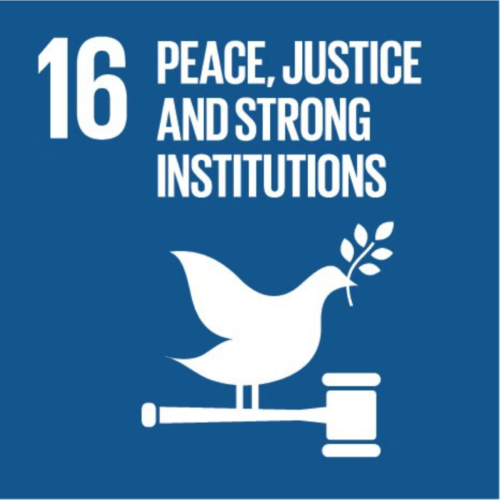
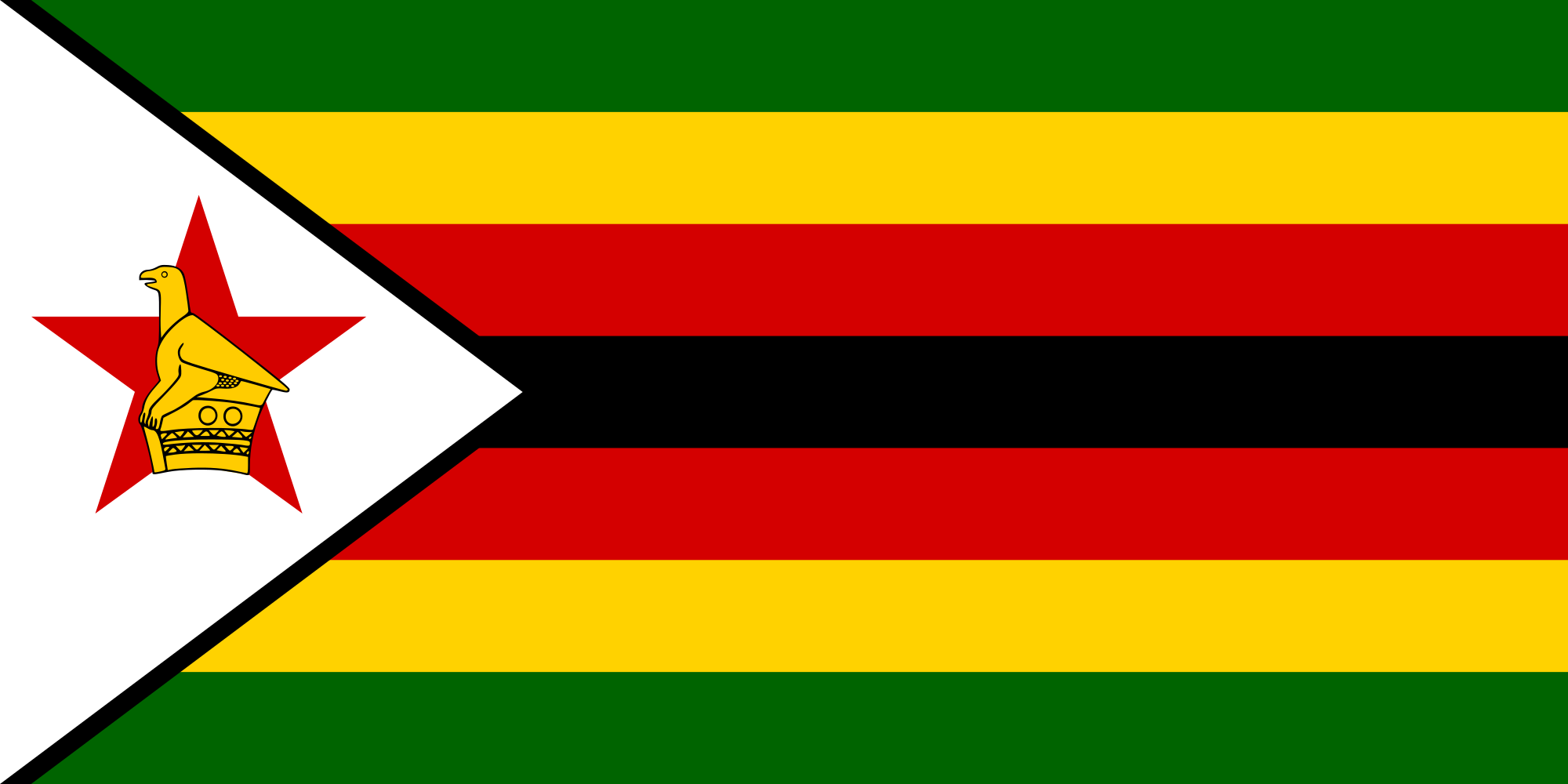 6 November 2019.
6 November 2019. 27 September 2019.
27 September 2019.
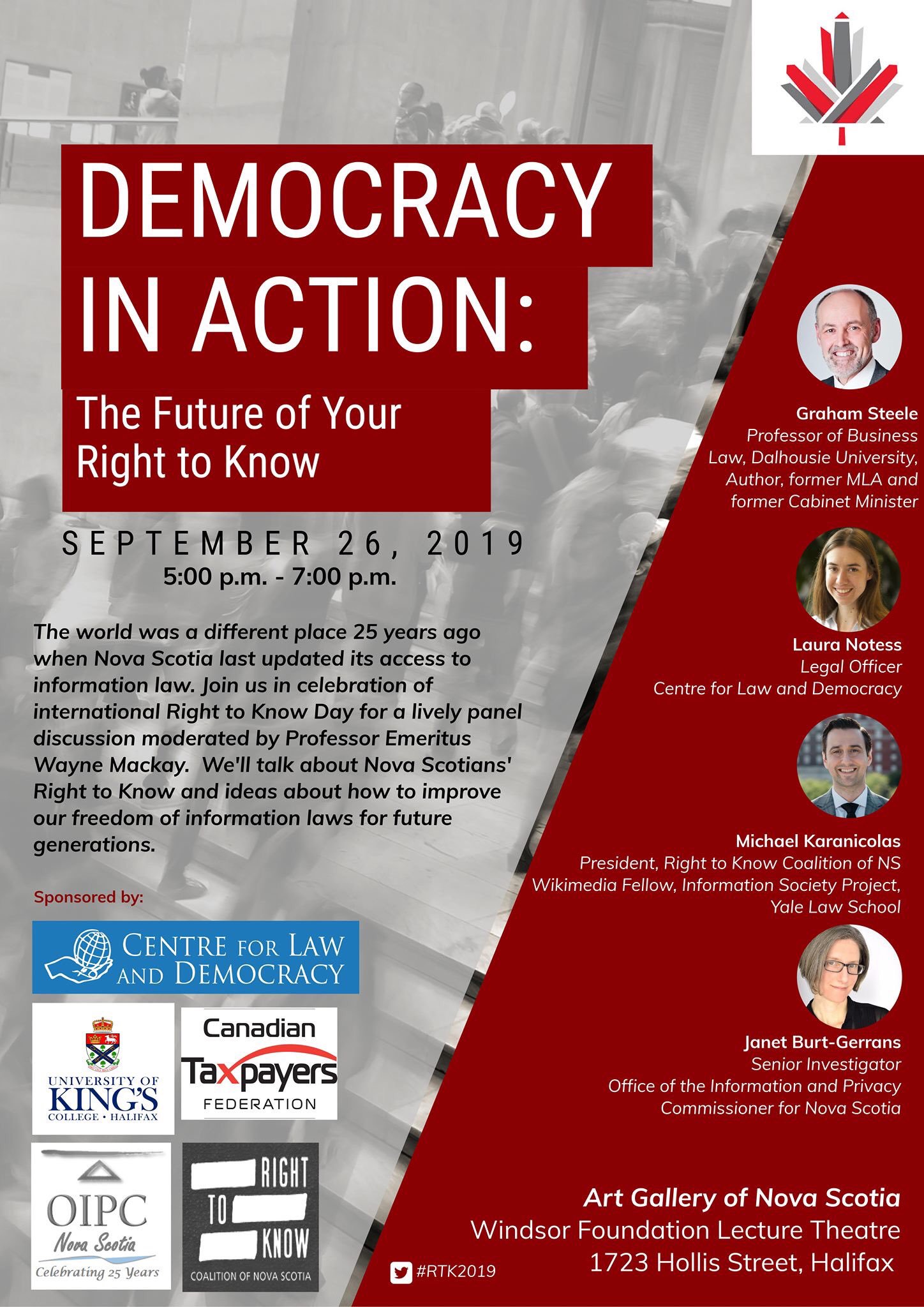
 23 August 2019.
23 August 2019.